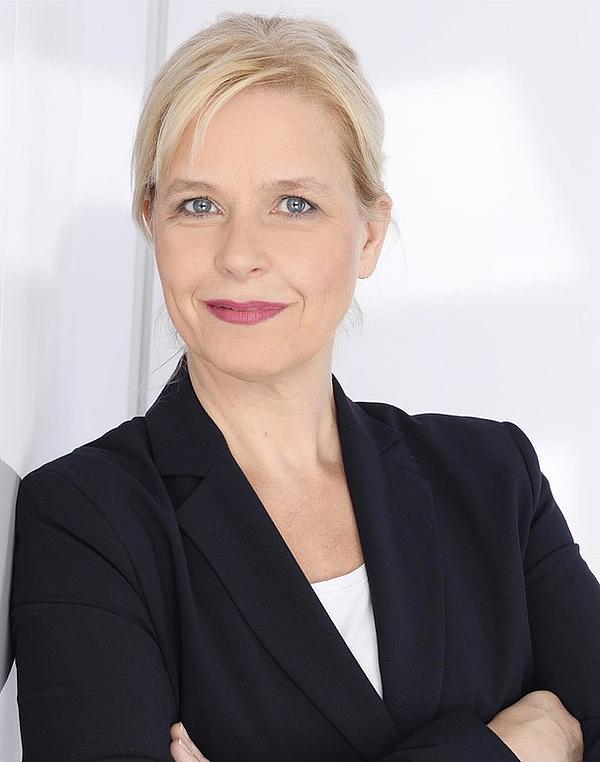
Prof. Schepers, you explicitly encourage a high proportion of women among your doctoral students. Why?
Because I think that women should also explicitly support women in order to motivate them to take on leadership positions, even if they want to start a family. If we as women don't show that you can reconcile both, who else will? If female employees see that it works, they may be more willing to take the next career step.
Why is it that fewer women than men pursue their scientific careers very consistently?
Up to the doctorate, women and men are now on an equal footing, even in STEM subjects. After that comes the big drop. This depends on three main factors: The first is entry into the workforce. Women dare less and go for secure jobs, even if that means getting a lower-paid position. As a result, very few women venture down the path of starting a business either. Women are definitely less location-flexible in their job search because they are more family-affine. There was once an assessment by work psychologists that women also place less value on status symbols in their professional lives. For example, their own office is often smaller than that of their male colleagues of the same rank, which leads to a loss of respect among colleagues and employees. I take your word for that. The very fact that women are still paid significantly less than their male colleagues with the same or in some cases even worse qualifications gives them a much poorer starting point for equal career opportunities. Unfortunately, due to the lack of female applicants in appointment procedures for professorships, mostly men are appointed because they are a better fit for a position. Women also do not use so-called networking because they usually think that they can do it on their own thanks to their achievements. As a result, they miss out on a great many opportunities. The second and perhaps even essential factor is starting a family. Women plan the family into their career from the very beginning. Unfortunately, this is still a contradiction of sorts for a steep scientific, career with many temporary contracts and changes of location. Successful female professors are, unfortunately, often childless due to the time it takes to pursue their careers, which means they are also not perceived as role models. If we succeeded in creating long-term (beyond kindergarden) and self-evident childcare, then family planning could also be included in career planning. The third factor is not quite obvious and has to do with creativity. The scientific career is not only the career itself: i.e. doctorate, postdoc, habilitation but also a creative space. Women are very determined. This is already evident in the doctorate. They pursue the research question until they have reached the goal on the direct path, while men very often get distracted on this path and thus also make very interesting discoveries and are inspired by them. This creates a larger creative space in which one is also more strongly perceived and promoted. This promotes not only your career but also your own will to stay in science. I try to get my female doctoral students to develop their own ideas and pursue them. We then submit them to the innovation competition. That's motivating.
How can women balance the demands of a time-intensive academic or research-related career with family planning?
As already mentioned, longer-term childcare beyond kindergarden is still missing. This already works very well at KIT, but not at all at many other institutions.
If you look closely, a scientific career is easily compatible with a family. We as women just have to set an example for our doctoral students. Everyone knows that writing publications or acquiring third-party funding does not fit into an already busy daily schedule and requires a lot of overtime. But the nice thing is that you mainly work for yourself, have a lot of flexibility in working hours and location (home office, mother-child office, etc), work with a lot of talented young people, and every day is different. This means there is a lot of co-determination in how to shape one’s work.
It's a different story with spin-offs:
Thinking in phases - early mid-30s is a bad time for women to start a business - here, women's willingness to take risks is very low. Factors such as an uncertain salary, capital to be raised, uncertainty as to whether the whole thing will work at all are no-go criteria for starting a family at the same time. Men are more attracted by this risk. They find the entrepreneurship scene attractive because men like to meet and network. Women are less attracted to it: they see it more as a waste of time.
From the age of 40 onwards, things change again, and women then look for interesting fields of activity. They are more settled and take a more relaxed view of things because they have had more experience. And: family planning is usually accomplished and this pressure is falls off.
